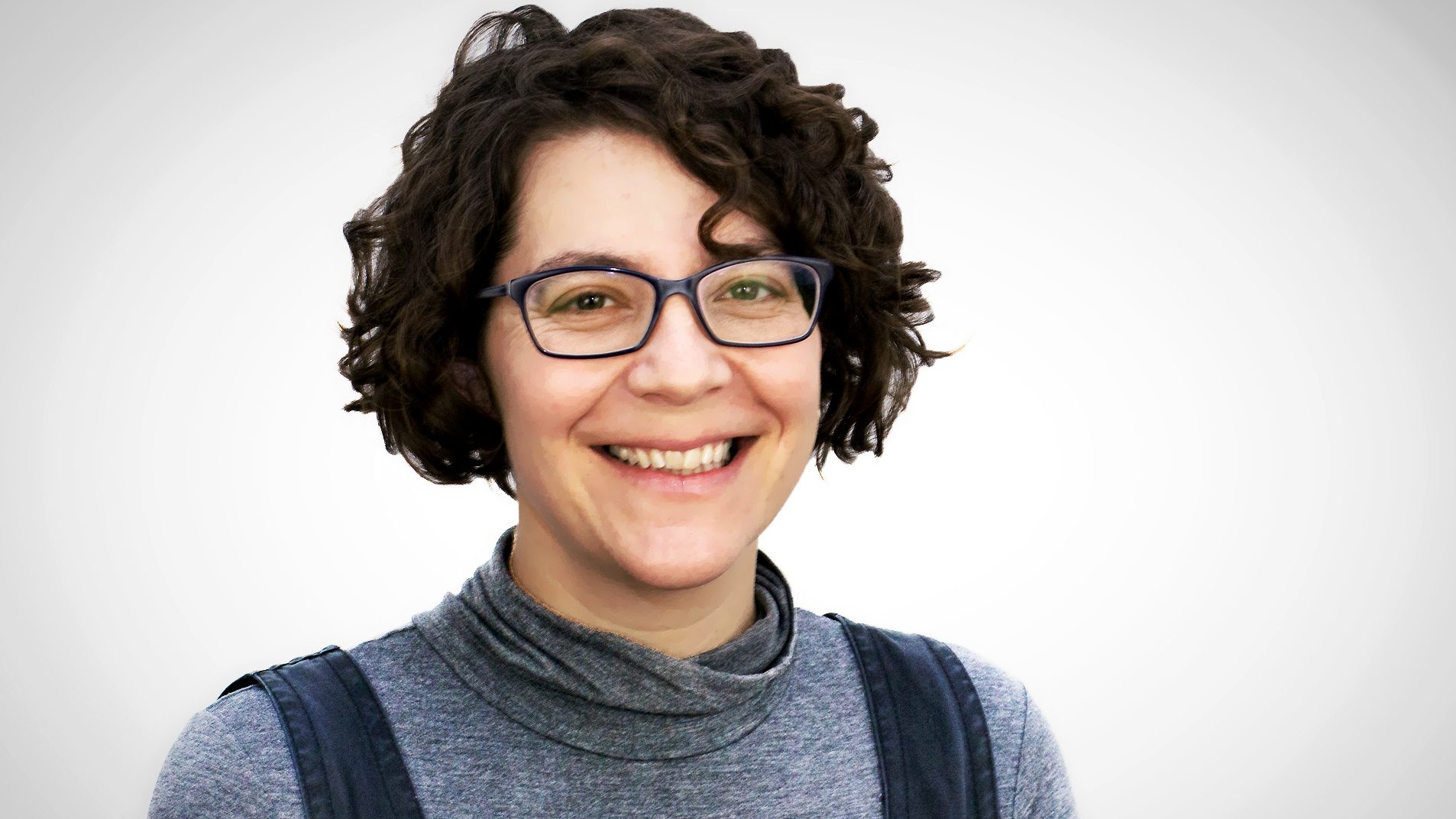The emergent ‘uses of the past’ literature challenges traditional perspectives on history as an objective constraint for organizational action. It does so by putting forward an interpretivist view that highlights the moulding and shaping of history as a resource that enables action. We build upon and extend this approach by demonstrating how a more explicit attention to materiality reveals ‘the dual nature of the past’ as not simply constraining and/or enabling but also actively orienting organizational action in the present. We draw upon research on organizational remembering and the concept of affordance to theorize the entanglement of organizational remembering and the material technologies of memory. We examine the dynamics of organizational remembering and materiality in the context of the British Museum’s digitization efforts. We show how narratives about the past enable organizational actors to make sense of and repurpose a novel material technology of memory (computers) through the construction of affordances. However, we also demonstrate how the materiality of objects inherited from the past also actively constrained and oriented how actors worked upon various obstacles on the path to digitization. We make two contributions. First, we develop how the dual nature of the past constitutes a novel way to reconcile deterministic and voluntarist interpretations of the past in organizations by assigning a more active role to material objects in organizational remembering. Second, we introduce a novel way to theorize organizational memory as an ongoing process of mutual constitution between technologies of memory (Speicher) and social practices of remembering (Gedächtnis).


